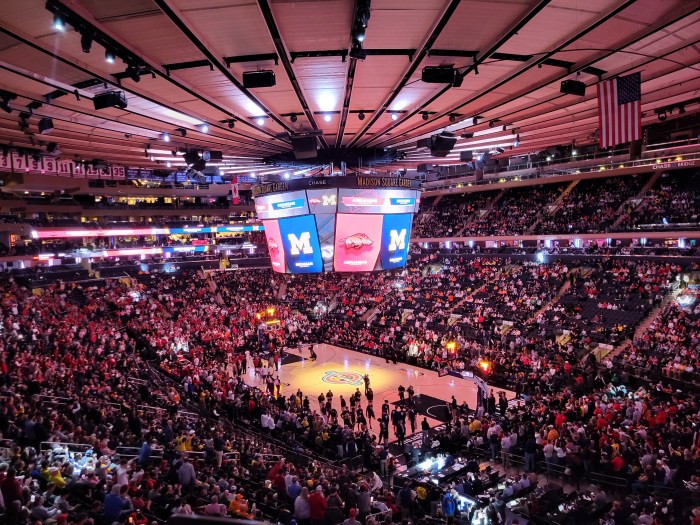By David Todd
Book/Soundtrack project continues ‘the rambler tradition’
It’s in the rambler tradition of novelists and guitarists alike that writer Joseph Mattson and musician Ben Chasny come together in their new book-with-soundtrack, “Empty the Sun,” released November 3rd on A Barnacle Book and Drag City Records. Although the title suggests another of the brilliant, meditative albums the Seattle-based Chasny has released as Six Organs of Admittance — 2006’s “The Sun Awakens” and this year’s “Luminous Night” among them — the novel deals with its light source in a starker, more glaring way.
Author of last year’s “Eat Hell” (Narrow Books), Los Angeles-dwelling Mattson relocates the action from Chasny’s northern dreamlands to the jaundiced roads leading out of his adopted hometown and into a bitter Midwest. Mattson’s hard-boiled narrator — unnamed, but distinguished by lines such as “I was mesmerized and drawn to California as if toward something that could surely kill me, like the wolf — like a bear — but only to make me more alive” — drives a good burn into the fog of Chasny’s abstractions.
Mattson and Chasney recently spoke to The Villager about the challenges of a singular project through the use of two very different mediums.
How did the idea for this project come together for you?
JM: We were up at 3 in the morning drinking whiskey and said, “To hell with movies, who does soundtracks to books?” Outlines on the character who would eventually become the protagonist were worked out — an ace guitar player who loses the index finger of his fret hand — and this sketch, coupled with the idea that god is love is oblivion, the notion of the sun pouring out of itself…all of these things fit the concept of a book with soundtrack, specifically a Mattson/Six Organs of Admittance collaboration.
Production-wise, the rough draft of the novel came before the recording, but it was always written as two parts of a whole. We [were] equal collaborators from the get-go.
Is there anything in particular you had in mind for how the text and soundtrack would go together?
JM: Well, there is no specific point of convergence, as if someone should listen to a certain song while reading a certain passage in the book. [But] if there is a subconscious purpose, perhaps it’s that the ache, the joy, the terror, and ecstasy of the world can be co-committed in the lyricism of music and the music of words. Two brothers, one with the guitar and one with the typewriter — for this project at least — better than one.
The writing seems heightened and immediate while the music tends to be reflective. Did you think of the soundtrack as providing the emotional subtext, so to speak, of the narrative?
JM: Yes, the emotion of the book is often naked and honest, and it’s in these moments that the soundtrack fills in a more unspoken emotion, that place where speaking and feeling become indistinguishable. There are specific moments in the narrative wherein the protagonist — because he is a guitar player — cannot entirely express himself in words, though he must try due to his present disposition, which makes the soundtrack and the confessional narrative symbiotic to one another. Reciprocally, there are moments in the soundtrack that invoke an emotional abstract that yearns for punctuation found in the book.
Ben, I was wondering if you saw yourself as a writer in this process or as a translator of sorts.
BC: I was mostly excited by the general openness of the whole project. [The book had] a very loose structure, [so] it was easy to imagine a driving soundtrack, music for driving, and that is what I tried to do. It seemed best to have music you could put in your car.
The book is a road novel from the opening lines on. But on the other hand, it’s also an L.A. novel too. Joseph, do you think you were trying to capture a sense of both place and movement on your end at least?
JM: Yes. Home and the road, magnets both. Movement is crucial — the book was written with a somewhat frantic pace in mind, and the soundtrack is the reality of what’s outside the window. [But] so is the isolation of places all their own. It is a California book that both embraces and rejects California as a place and also the road leading away from it as both damnation and salvation. Place and leaving a place might be as critical to each other as anything else dual in nature.
One of the aspects of California the book explores is downtown L.A. in all its rail-whiskey squalor. What is it that attracts you to that milieu? Everybody else seems to be cleaning up these days.
JM: We’re aware of [that] but don’t pay particular attention [to it], other than to know what to complain about when we’re over at friends’ houses, grumpy and drinking. But as far as sound and words go, well, honesty is best, no matter how beautiful or how ugly. Both of us are attracted to music and writing wherein something vital is at stake physically, emotionally, metaphysically, and otherwise. Just so long as it is alive and vulnerable and bold. Why be rote?
BC: I can see just as much intoxication in sobriety as in drunkenness. It’s just harder to get there. It’s not easy, [but] it’s a place to aspire to. That’s what the mystics have always known.
The narrator was bitten by a wolf as a child. It seemed from the brotherly way you two were talking that perhaps you were both bitten by a similar wolf in one sense or another.
JM: We’re of the same ilk, Mattson and Chasny, but different, too. I don’t know. I’ve been bit by a wolf — literally, holes in my leg — but I can’t speak for the goddamn wolf, and if I mention it it’s as a survivor.
BC: I actually don’t recognize the “wolf” as a valid correspondence with anything that I feel. I don’t have any relationship with that creature.
What about the bear then, Ben?
BC: Now that is an animal I relate to. Don’t forget that the North Star, the star that most men looked to throughout the ages for orientation, is at the tip of the little bear’s tail. We are all where we are because some explorer or scout or family guided themselves with [it].
It seems that duality, almost as a virtue or ideal, is central to what you’ve captured collectively with this novel-with-soundtrack. Joseph, does the elephant seal, another prominent image, have anything to do with that?
JM: Elephant seals represent the vulgarity of mammalian existence, the beauty and the violence. [They are] a metaphor for the total duality of the book, the duality of us, the duality of the answers to this interview, [and for] just breathing so long as one might with the dark magnet calling from however far off in the distance.
All this counterpoint and ambiguity suggests a pretty open canvas ultimately. Given that, how in tune would you say you were over the course of this project?
JM: Always in tune but with respect for cacophony.





































